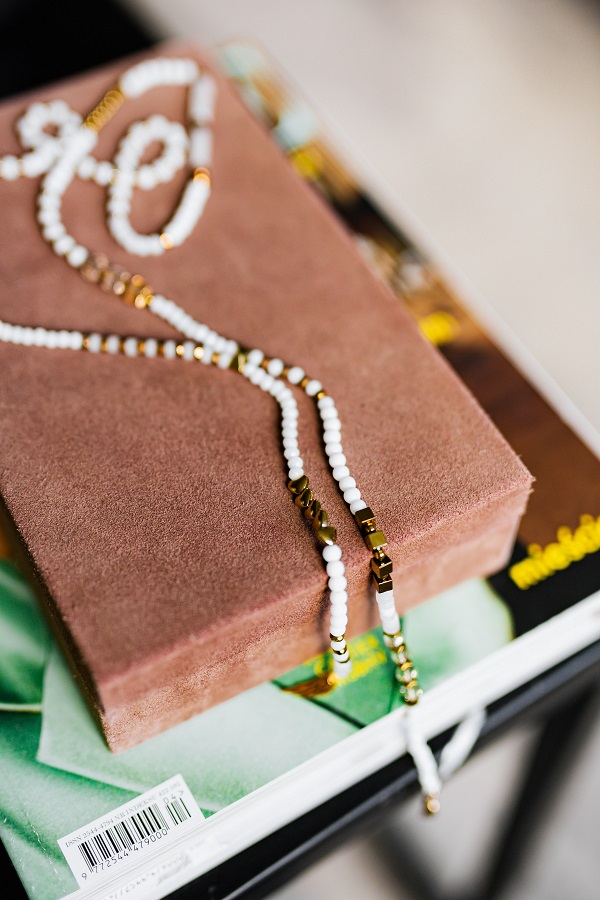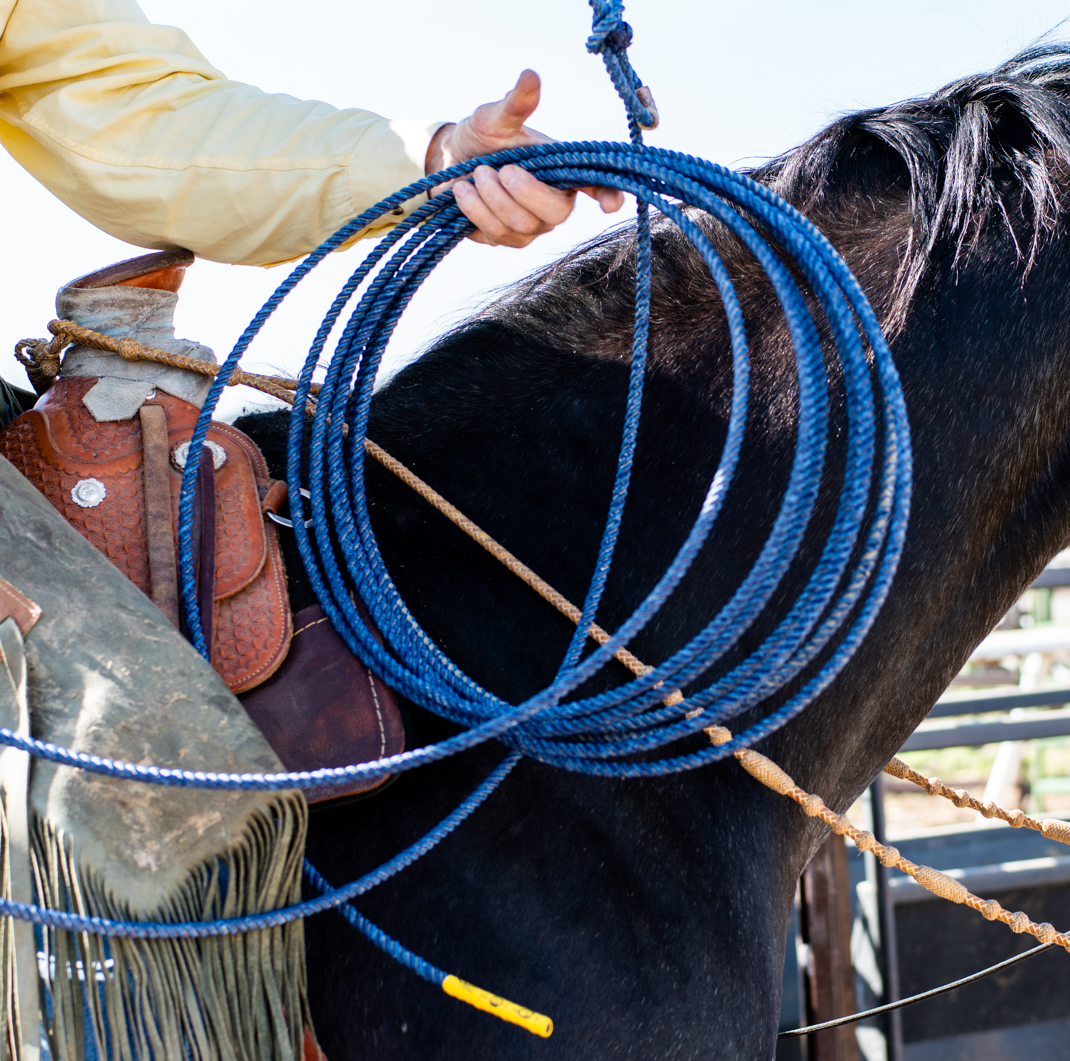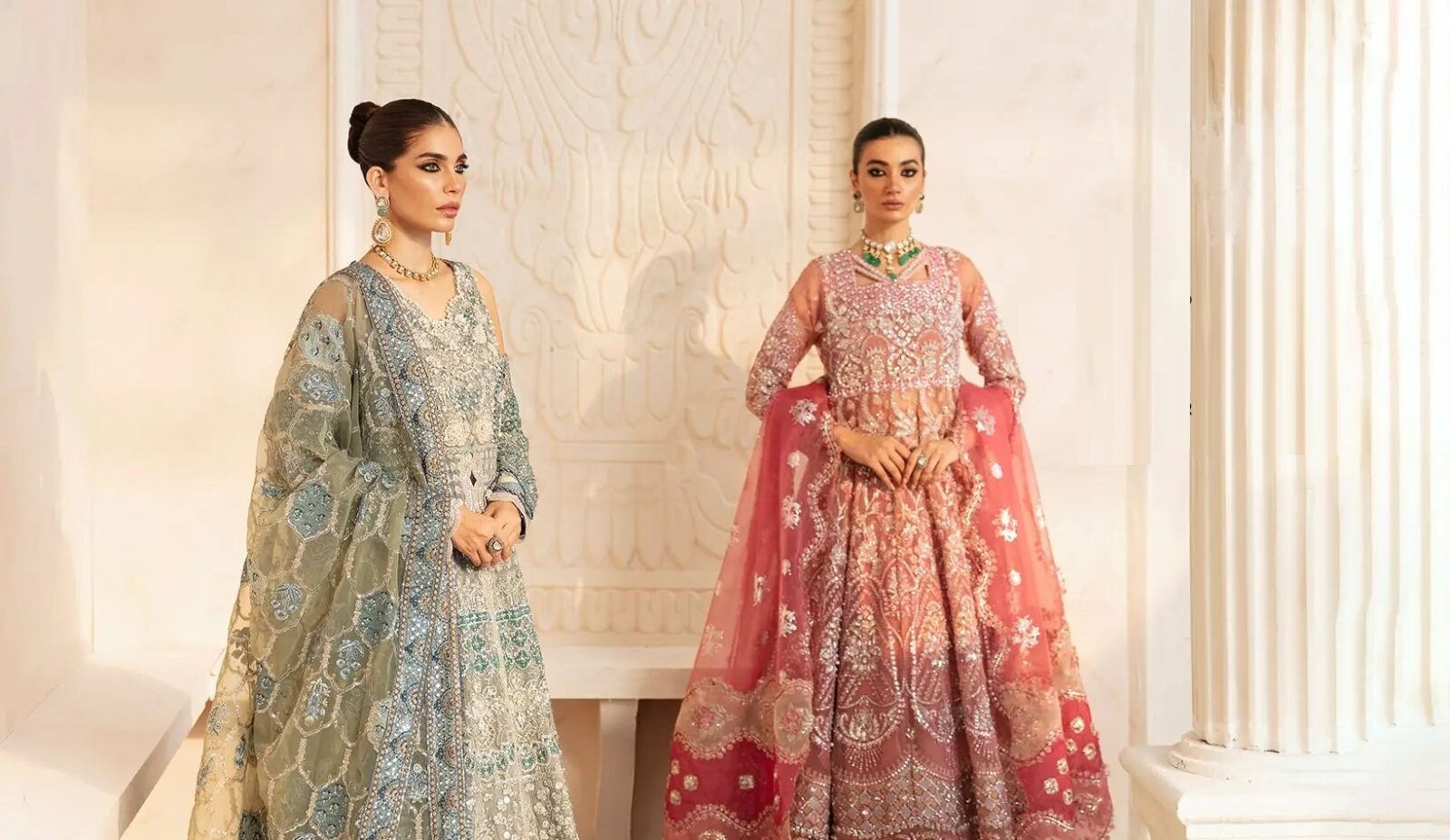Did you know that before tying the knot in India, Horoscope Matching is an age-old ritual that still holds great significance? It’s been around for thousands of years and is a tradition that many Indian families still follow today.
Despite the wave of modern wedding trends like destination weddings and eco-friendly celebrations, horoscope matching or Nakshatra Matching remains one of the most important steps for two families to consider before moving forward with a marriage proposal. It’s especially crucial for arranged marriages, which are still a popular choice for many Indian couples.
Curious to learn more about this ancient practice? Let us jump into astrology and learn about this amazing practice.
Understanding Horoscope Matching
Star Matching, or Kundali Milan, is the practice of determining whether two people who intend to marry are compatible. The specific technique for determining compatibility is to compare the positions of the celestial bodies at the time of the bride’s and groom’s births, as well as their current and future positions. This is comparable to how planetary positions influence an individual’s qualities.
The planets’ positions can be favorable or unfavorable. For instance, if you decide to compare the Kundli of two individuals and discover that Rahu is negatively positioned in that person’s Rashi, then it is not the ideal moment for that person to get married. In the same way, the online kundali matching for marriage can assist in determining whether or not the girl or boy is Mangalik. Additionally, if one of the individuals is, it helps show how one person’s Managalik will affect another.
What Will Happen If Kundli Does Not Match?
Today’s couples, overwhelmed by the increasing impact of Western culture, often ignore star matching, considering it a meaningless ritual. It’s also true that a lot of these couples manage to sort things out even though their stars aren’t exactly aligned. However, we still cannot overlook the rising cases of divorce in India, which frequently originate from a couple’s incompatibility.
Reasonably speaking, individuals’ views of kundli matching are incorrect. Many of them believe that their parents might become concerned about their Kundli matching (if it doesn’t show up commonly), the marriage process, and other related matters. But it isn’t the reality. There is no Kundli mismatch that can prevent two people who genuinely love one another from getting married. However, Kundli matching and outlining the Doshas may enable them to be calm, potentially mitigating their negative effects.
What consists of Horoscope Matching?
To put it simply, the birth charts of the prospective bride and groom are matched during star matching. In astrology, the entire Kundli Milan system is referred to as Ashta Koota Milan. The system is overflowing with results when we compare the positions of the planets, particularly the Moon, in the bride and groom’s charts—that is when they were born, where the Moon is now, and where it should be going forward.
Guna Milan
While Koota refers to eight categories known as Kootas or Koot, Ashta refers to eight in the phrase Ashta Koota Milan. Between the two natal charts, 36 points are taken into account in Ashta Koota Milan. To proceed with the astrologically approved marriage, at least 18 of the 36 points must line up. There are 36 total points divided among the categories.
Naturally, the match in which 36 of the 36 Gunas match is the best match. Nonetheless, it’s a harmonic combination even if thirty-three or more Gunas match. A good alliance that results in a happy marriage is one when the 25–32 Gunas match. In the meantime, a couple will need to put in more effort to make their alliance succeed. Because anyone in the 18–24 age range is seen as an average fit. If the result is less than 18. The pair might have to deal with far more serious issues in their lives together.
Conclusion
Ultimately, it all boils down to how well you can negotiate things out between you and the other person, regardless of whether or not the kundli matches. Whether it’s an arranged or love marriage, you can and should marry the person with whom you feel the happiest. Again you must avoid viewing Kundli matching as a potential source of conflict in your relationship.




